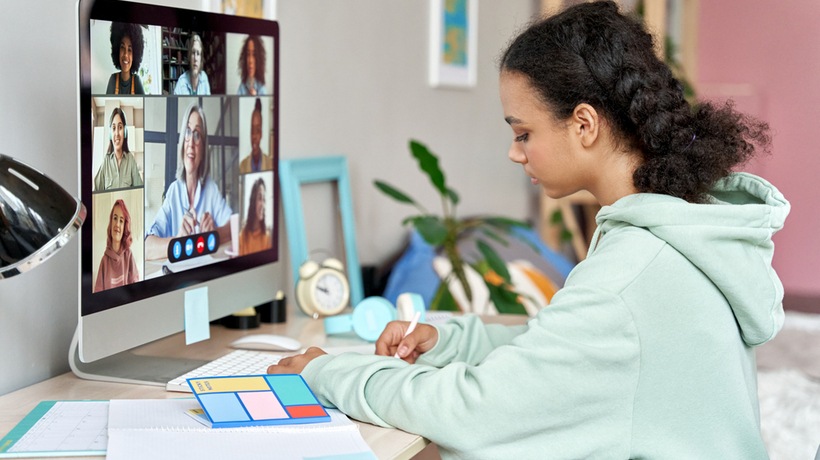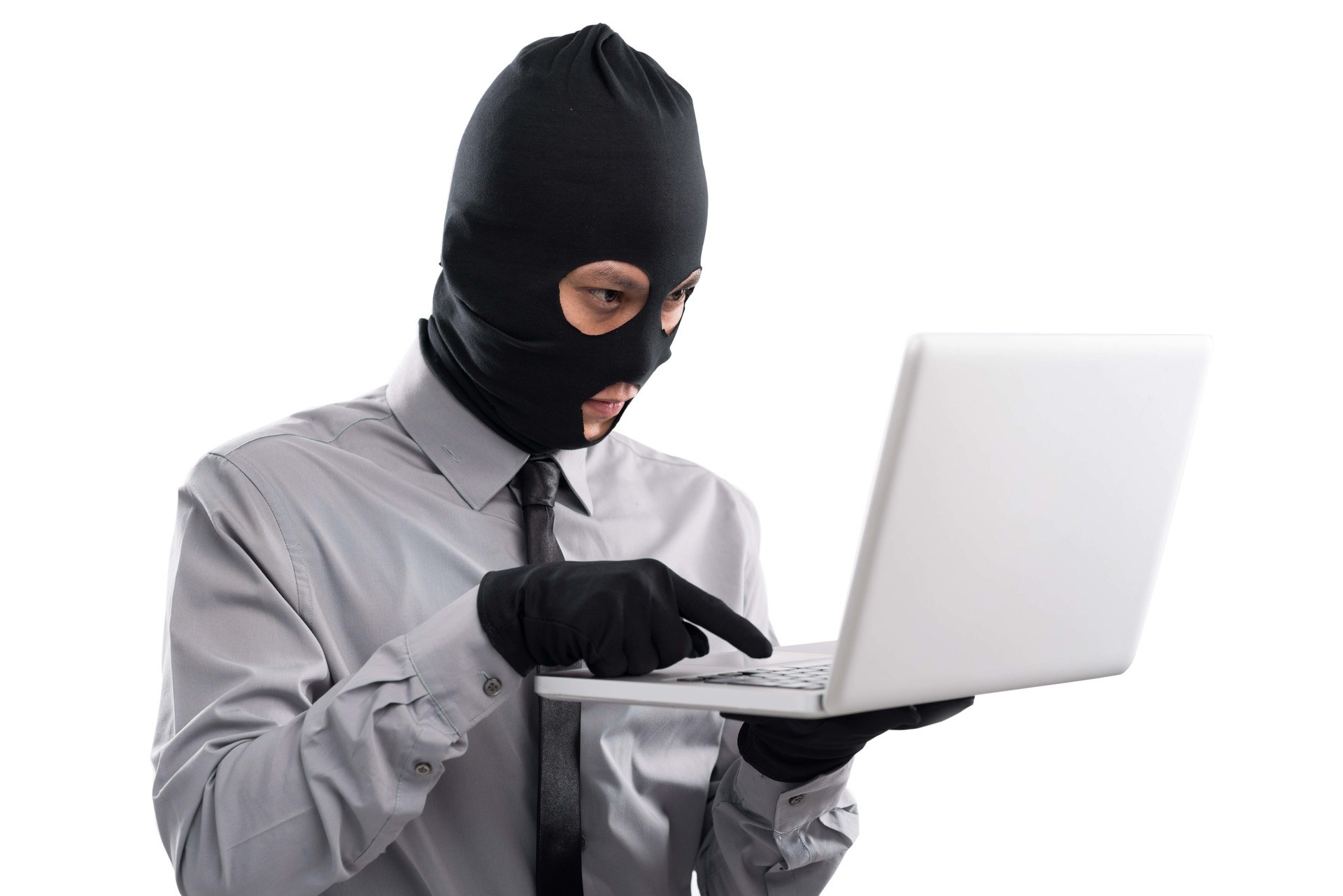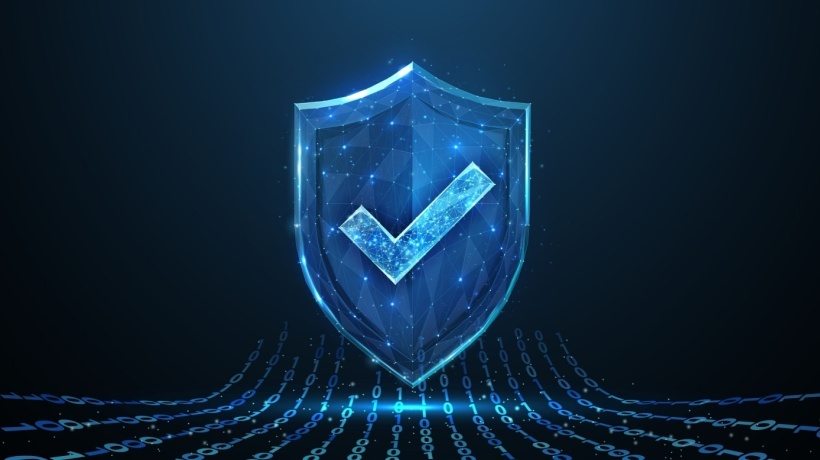Securing Your Home Computer For Virtual Learning
If you are using your home computer for learning or teaching remotely, it is probably not something you bargained for while buying the computer. There are many things you need to do to secure the system before the virtual class can begin. Apart from locking down your Zoom video conferencing and ensuring that the malware scanner is up to date, a virtual private network (VPN) will protect the system from malicious attempts while learning online. The great thing about VPN is that it turns the system into an anonymous machine, and it is tough to track it online.
Significance Of VPN In Online Learning
Universities and colleges are experiencing a major shift to remote classroom learning these days. With the coronavirus pandemic forcing the students away from social closeness, personal computers have become the classroom for students. More than 100 universities across the U.S. have canceled their in-person classes and have moved the classrooms online. Although online learning has been around since the use of computers evolved to include multimedia, there is a scary part to this. As more and more students are getting connected to the web, there are several hackers, thieves, and scammers looking for ways to scam, hack, and steal data. Most students are particularly vulnerable while being at home. They have a tendency to navigate through social media freely, leaving many profile footprints that can cause identity theft among other issues.
Similarly, there are other remote learning data privacy issues that everybody must become aware of. They are all related to privacy protection and caution while surfing the web. The very first thing you can do as a measure of protection is to use a VPN service. It will mask the student's online presence and give them an additional layer of security. There are many VPN servers available out there. The online students that are learning remotely from home need to follow some commonsense precautions to safeguard their data and protect the equipment, together with online privacy, and maintain academic integrity at the same time.
Another alternative method for online protection is using residential proxies. A residential proxy provides an alternate IP address for you to access the worldwide web with, hiding your own identity in order to make it appear as though another user has been accessing pages on websites instead. This can help maintain privacy when browsing online while also preserving download speeds.
Using A VPN
Even while you are observing social distancing due to the advent of the coronavirus pandemic, you must not log on to free public networks out there in the open. When you are checking your bank or credit card statements, someone sitting across in the coffee shop munching might be monitoring everything you are doing online. Keep in mind that these cybercriminals are cunning. They may set up fake websites and bogus internet applications that appear real. Your best protection against becoming a star player of the man-in-the-middle attack is getting a VPN installed on your machine. This VPN resides on remote servers away from the physical hardware of private networks.
The term "virtual" used here refers to a blend of software controls and tunneling that is responsible for creating the connection rather than the use of dedicated lines and hardware. This process termed "tunneling" will encapsulate encrypted data packets inside of other packets. It will add another layer of security. What the VPN does is show the checker the VPN server as the IP address of the user. VPN also ensures that the user is using a secure and encrypted connection between the VPN server and the user. When the VPN is routing the user to a destination network or website, the data going to and from the user and this site/network will be encrypted.
Some Tips For Student Learners
Here are some top tips for students to stay safe online:
- Maintain the security system of your computer
- Utilize a sensible and solid password strategy
- Take a backup of all your work
- Do not download illegal content
- Safeguard the school email account properly
- Do not allow yourself to be the "phish" of a phishing scam
- Be careful about what you are posting on the web
Although there are several alternatives available, you can opt for the best VPN reviewed online.
Conclusion
With the coronavirus pandemic sweeping across the globe and emptying the dorms to send students home for online education, there is a pressing need for the students to be more cybersecurity conscious. Although there are many measures these students need to take for protection, they need to get VPN installed on their computer as an additional security measure.









